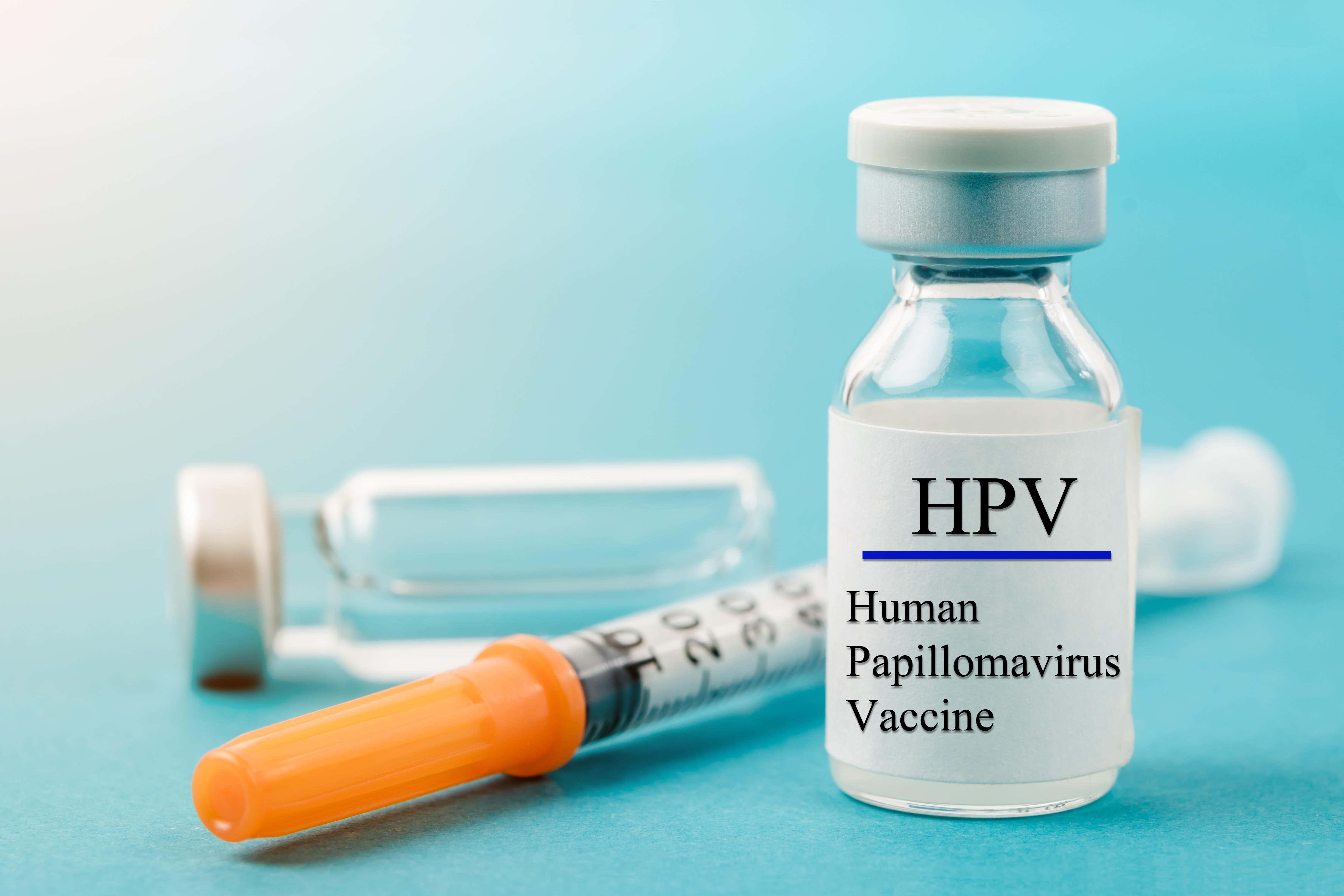Children to be given single HPV jab instead of two doses
The UK Health Security Agency said the change in England follows advice from scientists that a single dose of vaccine ‘delivers robust protection’.

Your support helps us to tell the story
From reproductive rights to climate change to Big Tech, The Independent is on the ground when the story is developing. Whether it's investigating the financials of Elon Musk's pro-Trump PAC or producing our latest documentary, 'The A Word', which shines a light on the American women fighting for reproductive rights, we know how important it is to parse out the facts from the messaging.
At such a critical moment in US history, we need reporters on the ground. Your donation allows us to keep sending journalists to speak to both sides of the story.
The Independent is trusted by Americans across the entire political spectrum. And unlike many other quality news outlets, we choose not to lock Americans out of our reporting and analysis with paywalls. We believe quality journalism should be available to everyone, paid for by those who can afford it.
Your support makes all the difference.The human papillomavirus (HPV) vaccination given in schools – which is helping to virtually eliminate cervical cancer – will move to a single dose from September, it has been announced.
The UK Health Security Agency (UKHSA) said the change in England follows advice from the Joint Committee on Vaccination and Immunisation (JCVI) and World Health Organisation scientists that a single dose “delivers robust protection” against HPV when compared with the two doses given at present.
The HPV vaccine programme is offered to all children in school Year 8, when they are aged 12 to 13.
Latest figures show that, in 2021-2022, some 82.2% of girls had had one dose by the time they were in Year 9. Uptake is believed to have been affected by the Covid pandemic.
The HPV vaccination programme is one of the most successful in the world and has dramatically lowered the rates of cervical cancer and harmful infections in both women and men
The HPV vaccine helps prevent a range of cancers, such as cervical cancer, cancers of the head and neck (mouth and throat), and cancers of the anus and genital areas.
Around 13 high-risk types of HPV cause 99.7% of cervical cancers.
Under the new plan, youngsters will be offered a single dose, while eligible gay, bisexual and other men under the age of 25 who have sex with men will also move to a single dose.
Older people in these groups, aged 25 to 45, will stay on a two-dose schedule.
People who are immunosuppressed or HIV-positive will still have three doses to ensure protection.
Anyone in the catch-up jab programme who has received one dose of the vaccine by September will be considered fully vaccinated.
This is another step forward for our world-leading HPV vaccination programme, which saves lives by significantly reducing the risk of cervical cancer
The HPV vaccine has been routinely offered in schools to girls aged 12 to 13 since 2008 and to boys the same age since September 2019.
Other countries, including Australia and Scotland, have already made the move to one dose, the UKHSA said.
Wales has announced it is moving to a one-dose schedule in September.
Dr Vanessa Saliba, immunisation consultant epidemiologist at the UKHSA, said: “The HPV vaccination programme is one of the most successful in the world and has dramatically lowered the rates of cervical cancer and harmful infections in both women and men – preventing many cancers and saving lives.
“The latest evidence shows that one dose provides protection as robust as two doses. This is excellent news for young people.
“If you missed your HPV vaccine it is vital you get protected. Contact your school nurse, school immunisation team or GP practice to arrange an appointment – you remain eligible to receive the vaccine until your 25th birthday.”
Steve Russell, NHS national director for screening and vaccinations, said: “This is another step forward for our world-leading HPV vaccination programme, which saves lives by significantly reducing the risk of cervical cancer.
“With one quick HPV jab now making it simpler than ever to reduce your risk of cancers caused by the virus, it’s so important that people come forward when invited.
“Along with getting your HPV vaccine, it is also still vital to book in for your cervical screening appointment which checks for high-risk HPV and remains one of the best ways to protect yourself from cervical cancer.”
A study published in The Lancet medical journal in 2021 found that cervical cancer rates were 87% lower in young women who were eligible for HPV vaccination when they were aged 12 to 13, compared with young women who had not been offered the vaccine.
Overall, the study estimated that the HPV programme had prevented about 450 cancers and 17,200 pre-cancers up to mid-2019.